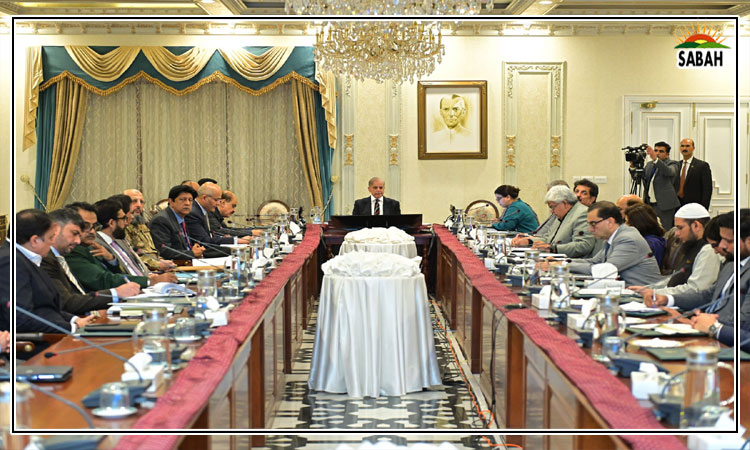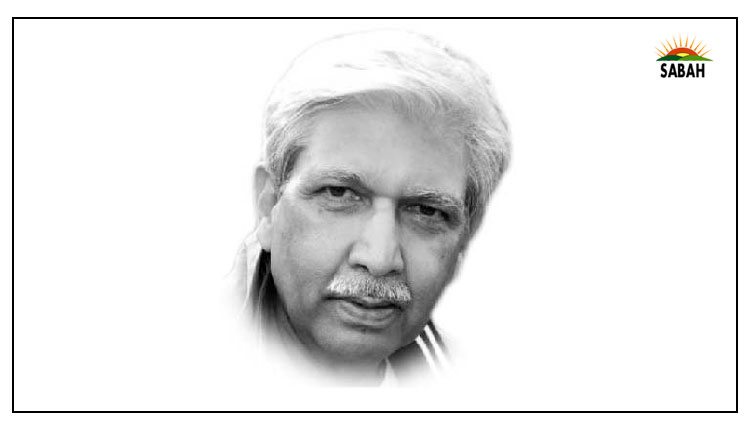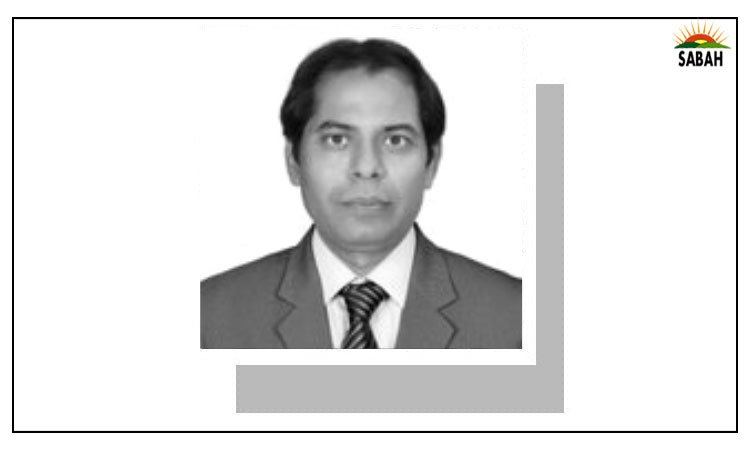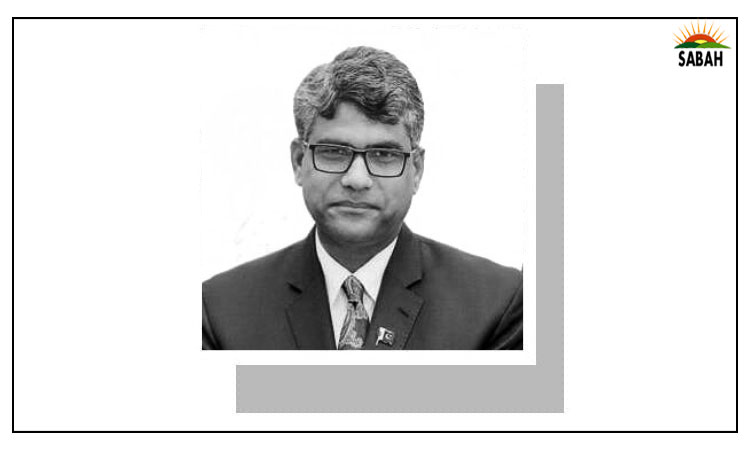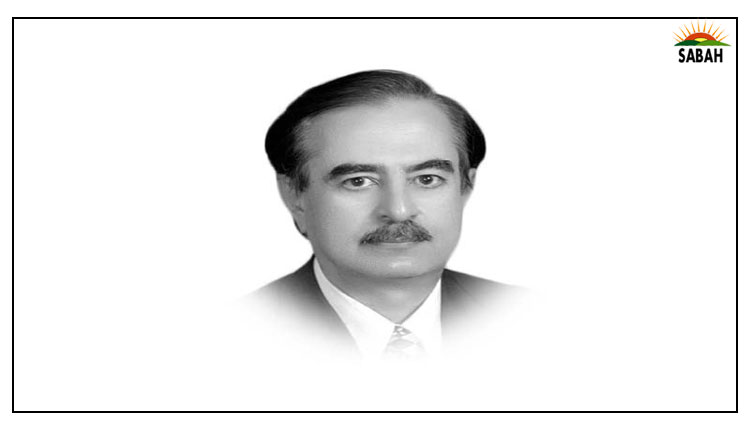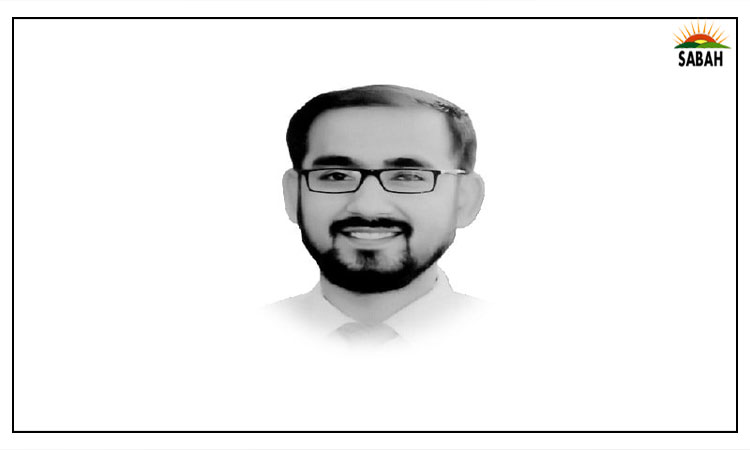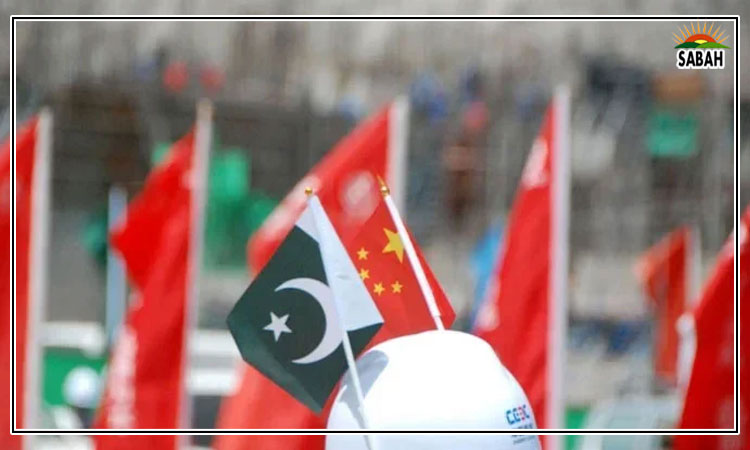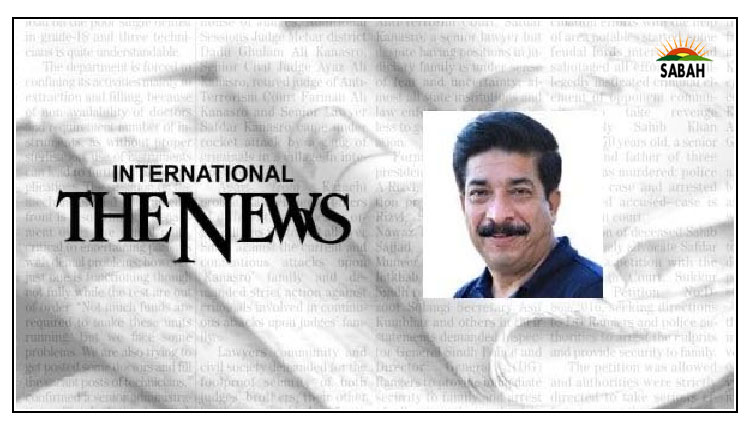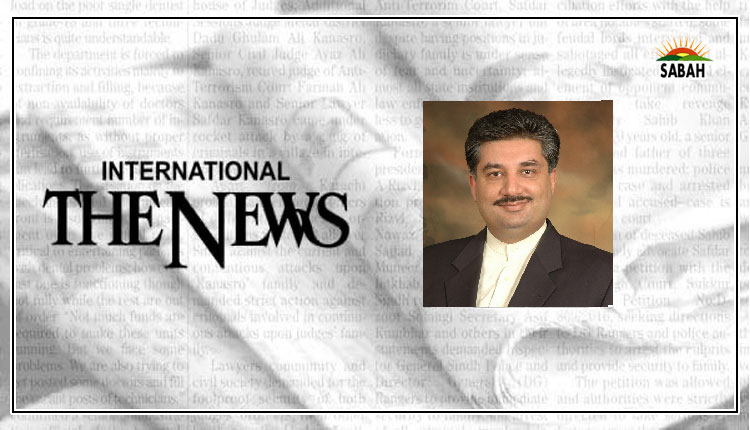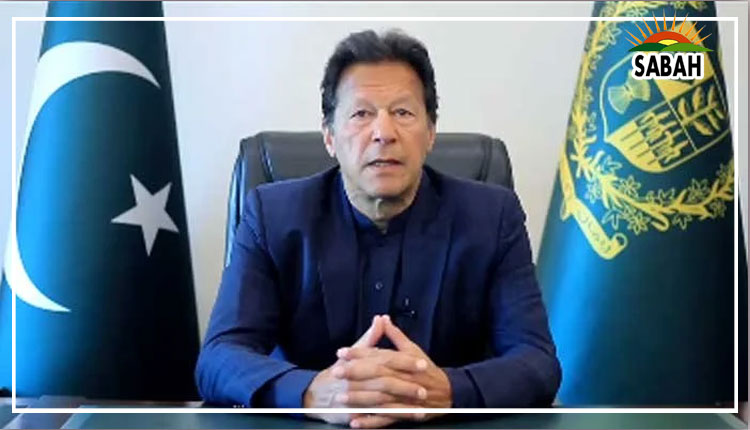PM Imran Khan announces Rs 120 billon historic relief package to provide essential commodities to 20 million families on subsidized rates
ISLAMABAD, Nov 03 (SABAH): Prime Minister Imran Khan has announced a historic relief package of 120 billion rupees to provide essential commodities to 20 million families on subsidized rates. PM Imran Khan said that the package will affect the 130 million people. Prime Minister Imran Khan said that we have to increase the petrol price and if we will not increase the petrol price then our deficit will continue to increase, adding that deficit has already put burden on the loans and we have to pay the interest on it. PM Imran Khan said that the winter season is near and we have to face the gas problem. PM Imran Khan hoped that the supply affected in the world will be improved after the winter season and prices will also come down.
Addressing the nation on Wednesday, PM Imran Khan said this amount will be shared both by federal and provincial governments. He said under the package, three essential commodities including ghee, flour and pulses will be provided to the families on 30 percent discount rates.
The Prime Minister said multiple programs worth 260 billion rupees are continuing under the umbrella of Ehsaas programme which are benefiting 20 million families.
He said a massive funding of Rs 1400 billion has been earmarked for Kamyab Pakistan Programme to support weaker segments of the society. The Prime Minister said loans to the tune of thirty billion rupees have so far been disbursed under Kamyab Jawan Programme to help the youth earn their livelihoods.
The Prime Minister said health card is one of our flagship projects under which treatment up to one million rupees is allowed to the card holder.
He said entire population of Khyer Pakhtunkhwa has been provided with these health cards whilst this facility will be provided to the residents of Islamabad by December this year and to the entire population of Punjab by March next year.
PM Imran Khan pointed out that higher price of essential commodities is an international phenomenon. According to Bloomberg Commodity index, the prices of commodities have increased by fifty percent in one year time. However, inflation in our country is nine percent.
The premier announced that under the package, citizens will be able to avail a 30% discount for six months on three basic edible items, including ghee, wheat, and pulses, under targeted subsidy. The premier said that under the package, interest-free loans of up to Rs500,000 will be provided to city-dwellers to start businesses, while a similar amount of loan will also be provided to farmers.
The prime minister further added that the government has asked the construction sector to increase the salaries of workers, while a health-insurance programme will be introduced in Punjab from December.
“Under the package, four million families will be able to build houses without interest,” the PM said, adding that Rs1,400 billion have been set aside for the Kamyab Pakistan Programme (KPP) 2021 with the aim to provide opportunities to the deserving and uplift 3.7 million households across the country.
At the beginning of his address, the premier thanked China and Saudi Arabia for financially assisting Pakistan and said that had the country become a defaulter, the rupee would have depreciated more and inflation would have skyrocketed.
The prime minister also shed light on the coronavirus situation across the world and said that, unlike other countries, the Pakistani government made strategic decisions related to the imposition of a lockdown and saved factories from closing down and agricultural activities were continuing as usual.
“[Due to the government’s policies], cotton production had increased by 81%, while record-breaking motorcycle and tractor sales were witnessed in the country.
“Urea was used 23% more by the farmers, indicating that the conditions were getting better. And when the farmers are happy, the production increases, and in return, it benefits the country,” he said.
In construction, there are Rs600 billion projects underway, as we had incentivised it, he said, adding that in the industrial sector, the large scale manufacturing had increased by 13% — more money and more jobs in the country.
“We had [allowed] construction industry to operate; we tried to save our exports as if they would have stopped, then the dollar would have gone up against the rupee,” he said.
Due to the government’s policies, rice production had gone up by 13.6%, corn 8%, sugarcane 22%, and wheat 8%.
Talking about the increase in profits of several industrial sectors, he said engineering witnessed an increase of 350% in their profits, textile 163%, cars 131%, cement 113%, oil and gas 75%.
The premier said electricity consumption had increased by 13%, indicating that the industry was growing. The prime minister stated that the tax revenue was increasing, which showed that our economic indicators are on the right track.
In information and technology, the prime minister said the sector had witnessed a growth of 47%, while in the current year, it is expected to grow by 75%. “This is a good thing for our youth”.
“Our policies prevented the economy from collapsing,” he said. “The World Bank, the World Health Organisation, and the World Economic Forum, all praised our policies amid the pandemic.”
Speaking about the ongoing inflation in the country, he told media outlets that while it is their right to criticise the government, they should opt for a balanced approach when reporting on inflation.
Citing the example of Turkey, Germany, China, and the United States, the premier said that after 2008, these countries had also faced historic inflation.
“What can we do if inflation is being driven because of global factors?” the premier questioned as he cited the examples of oil and gas prices worldwide.
“Yes, we are facing inflation in the country but you should also look at what the government is doing to alleviate the situation,” he said, adding that due to factors which is not in the hands of the government, petrol prices will have to be increased further.
“If we do not increase the price of petrol, the deficit will increase,” the PM said, adding that global oil prices have risen to 100%, while the price of petrol in India is Rs250 per litre. “Oil and ghee prices have doubled worldwide, and since we import these items, what can we do about the prices?” he said.
In his speech, Prime Minister Imran also appealed to industrialists and “seths” to increase the salaries of their employees and share their profits will labourers. The premier then addressed the opposition who he said had been protesting against rising inflation.
PM Imran Khan said that the opposition is protesting on the roads against the inflation.
“I request the two big families to bring half of the money they looted and took outside [to Pakistan]. Even if they bring half [the money], I promise you and the nation that I will slash the prices of all food items by half,” he said, in an apparent jibe at the families of PML-N supremo Mian Muhammad Nawaz Sharif and PPP leader Asif Ali Zardari.


